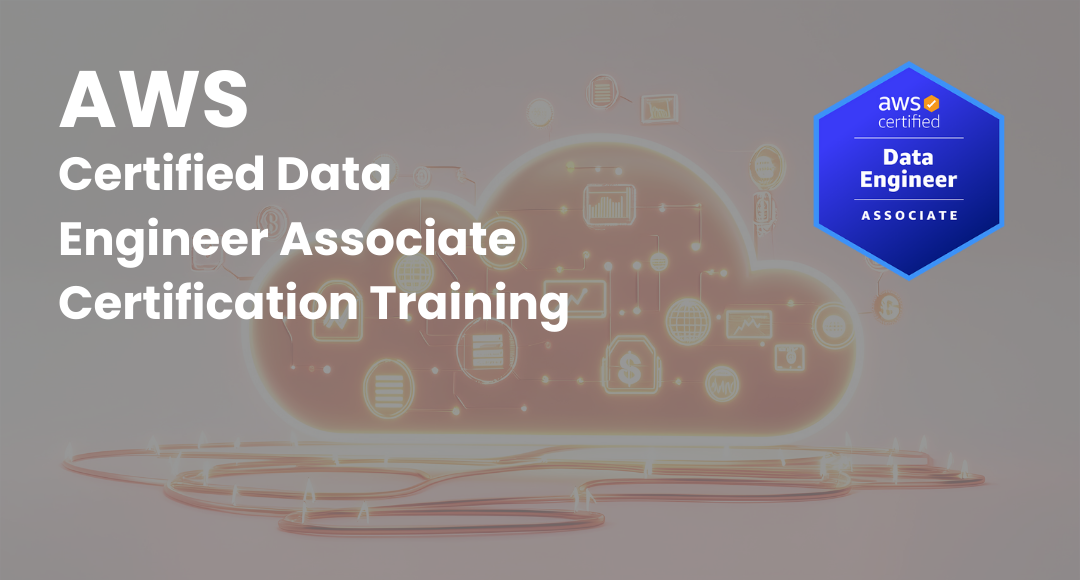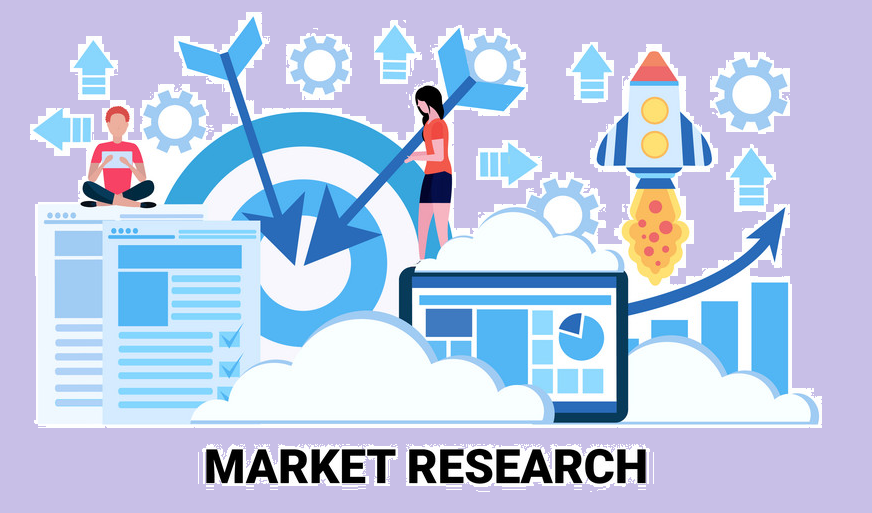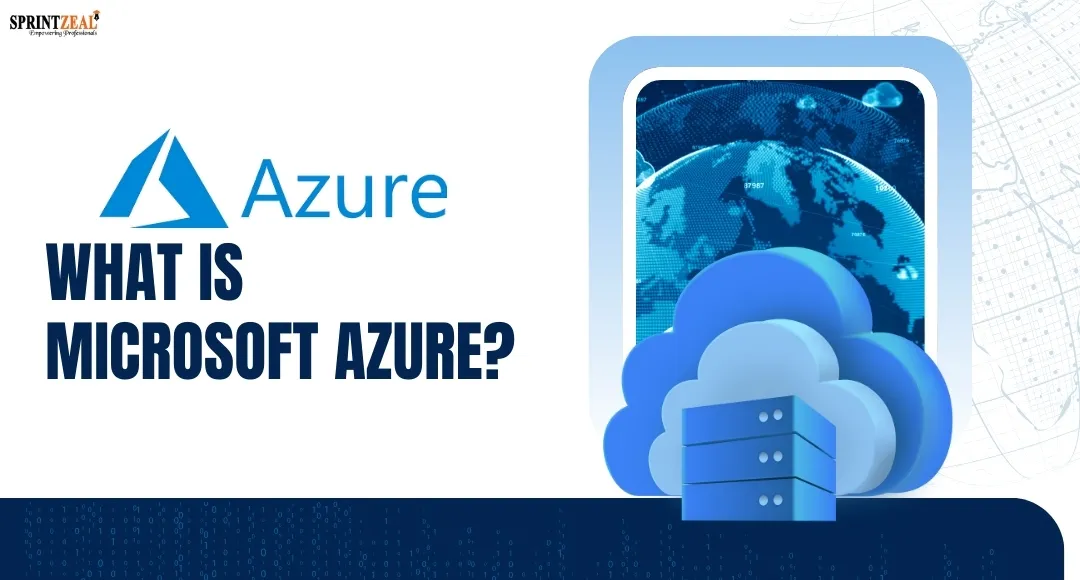Career in Cloud Computing or Cyber Security
-
 By Nchumbeni Yanthan
By Nchumbeni Yanthan
- Published on Feb 11 2025

Cloud Computing Vs Cyber Security
Cloud computing and cybersecurity are different and distinctive from each other, they play separate yet very prominent roles in the industry and market. Deciding on one can be a difficult task because both share a commonality when it comes to a successful business. A career in Cloud Computing revolutionizes businesses with scalable, on-demand services, while a career in Cyber Security safeguards sensitive information, combats digital threats, and protects against risks like vishing attacks.
Although these two fields are difficult to compare for various reasons, it is essential to understand that each holds great importance in today’s market and is in high demand. The knowledge of one serves as a foundation for the other. But, starting a career in both isn’t feasible considering the requirements and constraints.
To get a thorough understanding of a career in cloud computing and a career in cybersecurity, let us look into these two fields individually. It is a common scenario in every individual’s life and undoubtedly one of the major turning points. If you are experiencing the same and can’t stop mulling over which path to choose—cloud computing or cybersecurity, then this blog is for you.
Table of Contents
Cyber Security vs Cloud Computing as a Career
Before answering the question head-on, it is essential to understand what it actually means to have a career in cyber security and cloud computing. Let us break it down into sub-questions and start answering them individually.
Career in Cyber Security
Coming to cyber security first, we have to take into consideration the prerequisites needed to make a successful career in this field. Cybersecurity is something that can and should be thought of as a hierarchy. As in, it is the parent that paves the way to many domains.
Once an individual understands the fundamentals of these sub-components, they can say they have elementary knowledge of Cybersecurity.
The domains are Web App Security, IoT security, Network security, etc. Before deciding to work on cyber security, one should have a deep understanding of technical domains like computer networking. Computer networking basically comprises the workings of switches, routers, subsets, IP, and so on. Then, it is essential to know certain programming languages, like Python or java.
The most important prerequisite here is knowing the workings of the Linux platform. These three sub-fields form the groundwork for cyber security as a career option.
Let’s talk about Incentives, an important part of cyber security and a good source of income for beginners. Incentives are popularly called as Bug Bounty by cyber security analysts. Bug bounty refers to reporting a bug and correcting it by ethically hacking into the website and causing no harm to the website or user data.
Usually, platforms like Google or Facebook reward people for reporting bugs on their websites. At first, it isn’t always a feasible option to rely on bug bounty as a salary as some bugs can be found within a week or might take months too.
The best way to practice this is by taking part in hackathons conducted by popular websites where the contestants are required to hack certain IP addresses within 24 hours. It should be noted that this field requires a lot of hard work and strong fundamentals.
Practicing this art is essential, having said that, we cannot hack any website we wish, as hacking is an illegal thing. There are certain websites like hackthebox.com that helps hackers learn the art of hacking using ethical measures. Participate in hackathons, as these events provide a lot of exposure for the hacker. One should learn the basics first and then practise ethical hacking.
Jobs in Cybersecurity

When it comes to the cyber security job, to be considered for the role of cyber security analyst or information security analyst, it is important to have a certificate of OSCP (offensive security certified professional). This certificate lifts many folds.
Salary is something that is a subjective question, but having said that, the consensus is that cyber security analysts or information security analysts are paid 6LPA and above in their starting years. The scope of cyber security in India is rapidly increasing as everything is becoming online and data-oriented, and with that comes the increasing possibility of cyber attacks.
Career in Cloud Computing
Cloud computing refers to the field of computer science where specialists handle the data in the cloud. It’s a rapidly rising field with several job offers. It comprises database software made available to the general public via the Internet.
Nowadays, almost all companies use Cloud Computing. Cloud computer engineers are responsible for the design, planning, maintenance, and support of data in the cloud.
There are several subfields one can focus on, like cloud development. For example, one can wish to be associated with terms like Cloud Developer, SysOps engineer, DevOps engineer, Data engineer, or even explore opportunities to hire AI developers for specialized roles in artificial intelligence and machine learning.
Before starting a career in cloud computing, one must be knowledgeable of major cloud computing platforms like Amazon web services, Microsoft Azure and Google Cloud. Now, this field again requires strong basics and an understanding of certain data-oriented programming languages like Python, and Java. Certification in AWS, and Azure can help one’s profile significantly in this field.
One can learn these by taking up cloud computing training and getting AWS cloud computing certifications from Amazon. The AWS cloud computing certifications open up many opportunities in cloud computing and can grab the highest-paid cloud jobs.
Coming to the requirements in this field, it’s necessary to understand where and how data is stored, it’s also important to be aware of AWS, and Azure. One should have a deep understanding of virtualization, Operating systems, Linux, Windows), And how to secure data.
Coming to salary, it is estimated that a beginner in this field makes an average of 6.66 LPA.
Career in Cloud Computing - Benefits and Job Scope

With several companies shifting to the cloud, the field of cloud computing seems to be on the rise. Considering the flow of data and the complexities that arise with managing it, cloud computing is viewed as a savior by companies struggling with data storage and handling issues.
It offers computer solutions over the internet. To excel in this field, one needs to have a good command of concepts like database, networks, and software programming.
Cloud computing has three major categories— IaaS (Infrastructure as a Service), PaaS (Platform as a service) and SaaS (Software as a Service). In order to have a successful career in cloud computing, an individual needs to have strong fundamentals, good practical knowledge, and the ability to keep up with the latest technologies. Apart from this, individuals need certification in cloud computing-related courses for better opportunities.
With diminishing local centres and a rise in usage of cloud platforms, we can be sure that cloud computing is not leaving its spot on the trending list anytime soon.
High-Paying and Popular Cloud Computing Certifications
AWS Solution Architect Certification
AWS SysOps Associate Certification Training
AWS Developer Associate Certification Training
The certifications increase the chance of getting a high paying jobs in cloud computing as well as jobs after a cloud computing course gives a detailed understanding of the job role that professionals hold in an organization.
Top Career Options in Cloud Computing
Cloud Architect: Cloud architecture is a framework used by organizations to create and implement cloud computing solutions. Preparation for this profession can involve programs like the Master's Program for Cloud Architects or specialized courses.
Cloud Engineer: Cloud engineers collaborate with cloud architects to implement the company's cloud strategies. Administrative duties and client handling are some of the extra tasks of this profession.
Cloud Security Analyst: Cloud security analysts ensure an organization's cloud presence is secure and reliable by identifying risks, protecting the cloud, preventing data breaches, and closing security vulnerabilities.
Cloud Automation Engineer: Cloud automation engineers develop, implement, and manage automation technology for enterprises transitioning to the cloud, reducing human employee stress by automating processes and operations.
Cloud Consultant: Cloud consultants offer expert advice on cloud-based products, analyze business needs, recommend software, and aid in a smooth transition to the cloud through platform recommendations and migration procedures.
Cloud Software Engineer: Cloud software engineers work with computer scientists and programmers to create cloud-based software that meets organizational needs, monitor upgrades, and assist with software maintenance and repair.
Career in Cyber Security - Benefits and Career Scope

Cybersecurity deals with the protection of computer systems and the data stored in them.
Knowledge gained in cloud computing will act as a driving force and an added advantage for those opting for a career in cybersecurity.
Security has become a major subject of cloud computing courses due to the growing concerns of organisations in terms of privacy threats, hacking, etc. Right from the storage system, network, and software to the data itself, cybersecurity protects all of it from unwanted breaches of privacy.
As an employee, you will be valued and respected for the work you do, and companies tend to be very cooperative as you are someone who handles and takes care of their privacy concerns.
Work can be challenging sometimes but never boring, as it requires the upgrading of skills with time and keeping up with new technologies released in the market.
Alas, the future of cyber security looks promising, with new opportunities coming up every year because every business values security and opts for a standard security option to avoid mishaps.
Most Popular Cyber Security Certifications
CISSP® Certified Information Systems Security Professional
CISA® Certified Information Systems Auditor
COBIT® 5 Foundation
Which is Better - A career in Cloud Computing or Cybersecurity?
If you are ready to explore the depths of data security while having a learner’s attitude throughout various levels in your career i.e. being open to keeping up with the advancements in the field, cybersecurity is the career for you. Getting cyber security certification training helps, as it offers the required knowledge and skills.
Here are 20 reasons why you should get the CISSP certification for a successful career in the field of cybersecurity. It is a great opportunity to start, build, or enhance your career, as it offers the knowledge and skills required by employers.
Now, when it comes to comparing the two, it’s a highly subjective question, as the amount of hard work and effort needed in both domains are the same. Now, if you like hacking, explaining bugs, and making the world more secure, then cyber security is well-versed for you, if you’re looking for something more associated with data than its security, then Cloud computing is your field.
For someone good with programming languages, understands data centre management, and holds a special interest in understanding cloud technologies and platforms, Cloud computing is a great choice.
The cloud computing field requires strong database skills and offers a myriad of career opportunities for those who master the skills.
Considering the unmet need of employees with cloud computing skills in the market, taking up this as a career option would be a great choice that provides good income and stability. Taking up cloud computing training and getting a certification can help kick-start your career or even enhance the existing one.
However, there is the freedom to keep switching between these two fields throughout the career, provided demand and interest allow.
All in all, it would be wise to take up a career that aligns with your talents and interests. After all, both of these fields are capable of providing a future-proof career.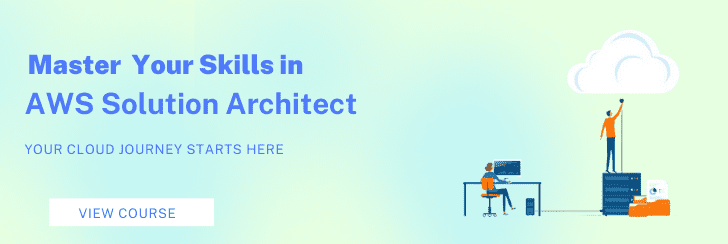
For more cloud computing training and certification or cybersecurity training and certification-related details, you can chat with our course experts and get instant help, or you can email us your queries at Click Here and get detailed guides. To explore more courses offered by Sprintzeal, you can download the Sprintzeal App and start learning, or visit our E-learning portal. You can also subscribe to our newsletters and ebooks for latest insights and trends.
FAQs
Is cloud computing a good career option?
Cloud computing offers great earning potential due to the increasing demand for cloud technology and the increasing work salary. It's also a fascinating sector with numerous opportunities for learning new technology.
Which job is best in cloud computing?
Cloud computing offers high earning potential due to increasing demand and job salaries, while also providing numerous opportunities to learn new technologies.
Is Cyber Security a high-paying job?
Cybersecurity is unquestionably a high-paying field, with cybersecurity analysts and security architects earning $143,876 per annum on average.
Can I get a job in cloud computing as a fresher?
Cloud computing is a lucrative career path for new graduates due to the high demand for skilled specialists. Job openings are numerous, and a moderate complexity written test may be required.
Popular Programs
AWS Certified Solution Architect Professional
Live Virtual Training
- 4.9 (300 + Ratings)
- 2k + Learners
AWS Certified DevOps Engineer Certification Training
Live Virtual Training
- 4.4 (400 + Ratings)
- 42k + Learners
Microsoft Azure Administrator Associate AZ-104
Live Virtual Training
- 4.1 (560 + Ratings)
- 39k + Learners
Microsoft Azure Infrastructure Solutions (AZ-305)
Live Virtual Training
- 4.7 (560 + Ratings)
- 10k + Learners
Trending Posts
IoT Security Challenges and Best Practices-An Overview
Last updated on Mar 20 2023
What is Cloud Computing? - Fundamentals of Cloud Computing
Last updated on Sep 4 2024
Cloud Engineer Salary - For Freshers and Experienced in 2026
Last updated on Apr 10 2023
Amazon EC2 - Introduction, Types, Cost and Features
Last updated on Apr 14 2023
Top 15 Private Cloud Providers Dominating 2026
Last updated on Feb 24 2025
What Is Microsoft Azure? A Complete Cloud Computing Guide for 2026
Last updated on Dec 18 2025
Categories
- Other 83
- Agile Management 49
- Cloud Computing 58
- Project Management 175
- Data Science 70
- Business Management 89
- Digital Marketing 88
- IT Service Management 36
- Programming Language 61
- AI and Machine Learning 94
- IT Security 113
- Quality Management 78
- IT Hardware and Networking 28
- Microsoft Program 5
- Workplace Skill Building 15
- Risk Management 10
- Information Security 8
- Leadership and Management 10
- Corporate Training and Development 1
Trending Now
Azure Vs Aws - Which Technology Is Better
ebookThe Impact of Internet of things on Marketing
ebookAWS Lambda - An Essential Guide for Beginners
ebookImpact of AWS Certification On Cloud Computing Jobs
ebookAmazon Certifications: List of Top AWS certifications in 2026
ebookAWS Interview Questions and Answers 2026
ebookAmazon Software Development Manager Interview Questions and Answers 2026
ebookAWS Architect Interview Questions - Best of 2026
ebookHow to Become a Cloud Architect - Career, Demand and Certifications
ebookWhat is Cloud Computing? - Fundamentals of Cloud Computing
ebookAWS Solutions Architect Salary in 2026
ebookAmazon EC2 - Introduction, Types, Cost and Features
ebookAWS Opsworks - An Overview
ebookAzure Pipeline Creation and Maintenance
ebookCI CD Tools List - Best of 2026
ebookTrends Shaping the Future of Cloud Computing
ebookContinuous Deployment Explained
ebookDevOps Career Path – A Comprehensive Guide for 2026
ebookTop Kubernetes Tools in 2026
ArticleBenefits of Cloud Computing in 2026
ebookJenkins Interview Questions and Answers (UPDATED 2026)
ArticleA Step-by-Step Guide to Git
ArticleScalability in Cloud Computing Explained
ebookIoT Security Challenges and Best Practices-An Overview
ebookHow to Learn Cloud Computing in 2026 - A Brief Guide
ArticleCloud Engineer Roles and Responsibilities: A complete Guide
ebookTypes of Cloud Computing Explained
ArticleCloud Engineer Salary - For Freshers and Experienced in 2026
ArticleEssential Cybersecurity Concepts for beginners
ebookWhat is a Cloud Service - A Beginner's Guide
ebookTop 3 Cloud Computing Service Models: SaaS | PaaS | IaaS
ArticleWhat is Private Cloud? - Definition, Types, Examples, and Best Practices
ebookWhat Is Public Cloud? Everything You Need to Know About it
ArticleTop 15 Private Cloud Providers Dominating 2026
ebookWhat Is a Hybrid Cloud? - A Comprehensive Guide
ebookCloud Computing and Fog Computing - Key Differences and Advantages
ebookAzure Architecture - Detailed Explanation
ArticleMost Popular Applications of Cloud Computing – Some Will Shock You
ArticleTips and Best Practices for Data Breaches in Cloud Computing
ArticleWhat Is Edge Computing? Types, Applications, and the Future
ArticleMust-Have AWS Certifications for Developers in 2026
ArticleSalesforce Customer Relationship Management and its Solutions
ArticleCutting-Edge Technology of Google Cloud
ArticleSpotify Cloud: Powering Music Streaming Worldwide
ArticlePublic Cloud Security Checklist for Enterprises
Article12 Best Managed WordPress Hosting Services in 2026
ArticleLatest Azure Interview Questions for 2026
ArticleTop Coding Interview Questions in 2026
ArticleLatest Cloud Computing Interview Questions 2026
ArticleSafe file sharing for teams: simple rules that work
ArticleMy learning path to become an AWS Solutions Architect
ArticleClient Server Model—Everything You Should Know About
ArticleWhat Is Microsoft Azure? A Complete Cloud Computing Guide for 2026
ArticleDocker Tutorial for Beginners: Containers, Images & Compose
ArticleGit Merge vs Rebase: Differences, Pros, Cons, and When to Use Each
ArticleThe Invisible Infrastructure Powering Tomorrow’s Apps
ArticleDevOps vs DevSecOps: Benefits, Challenges, and Comparison
Article
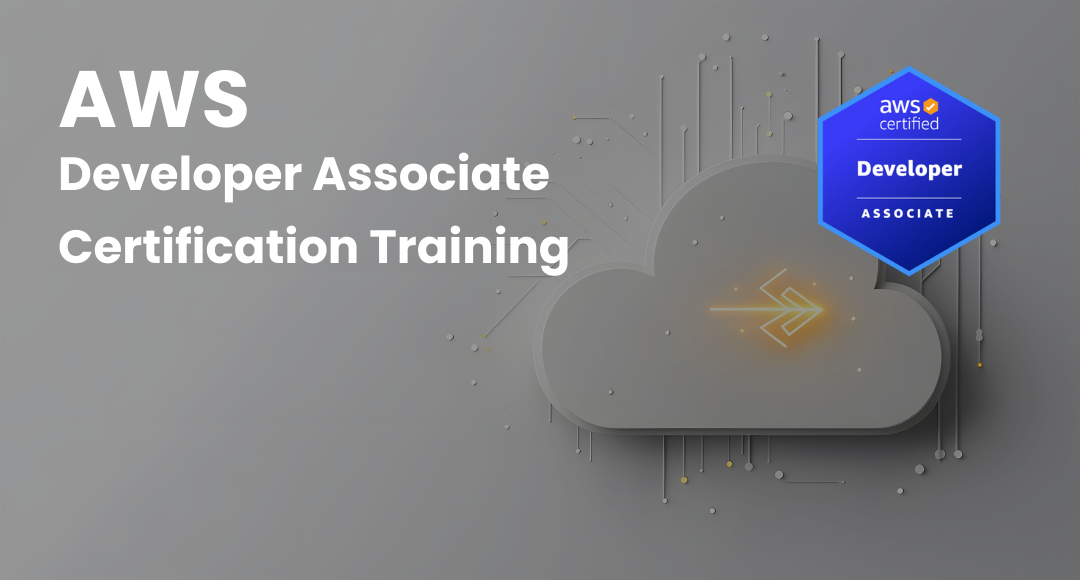
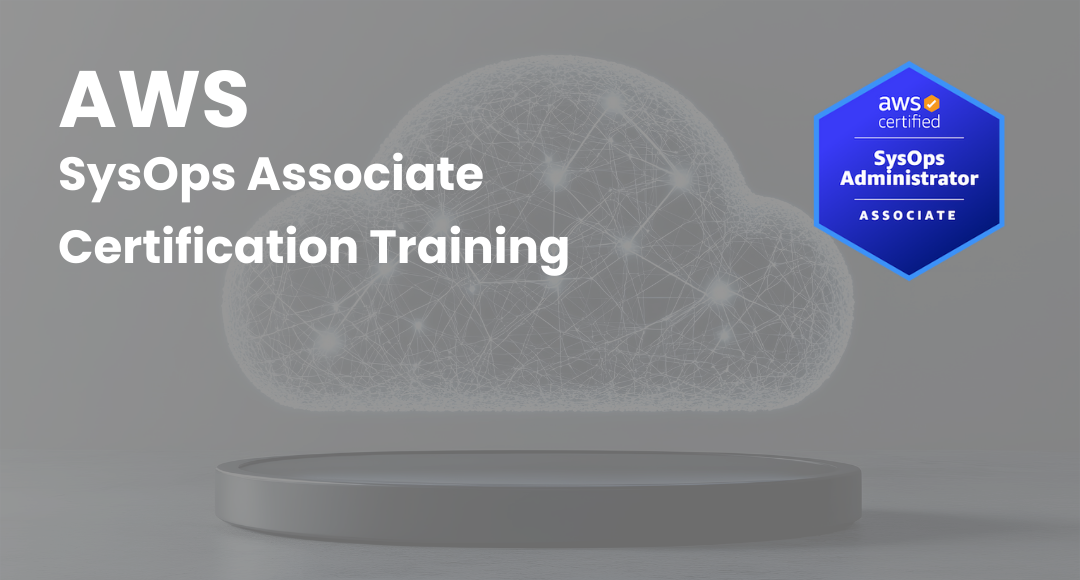
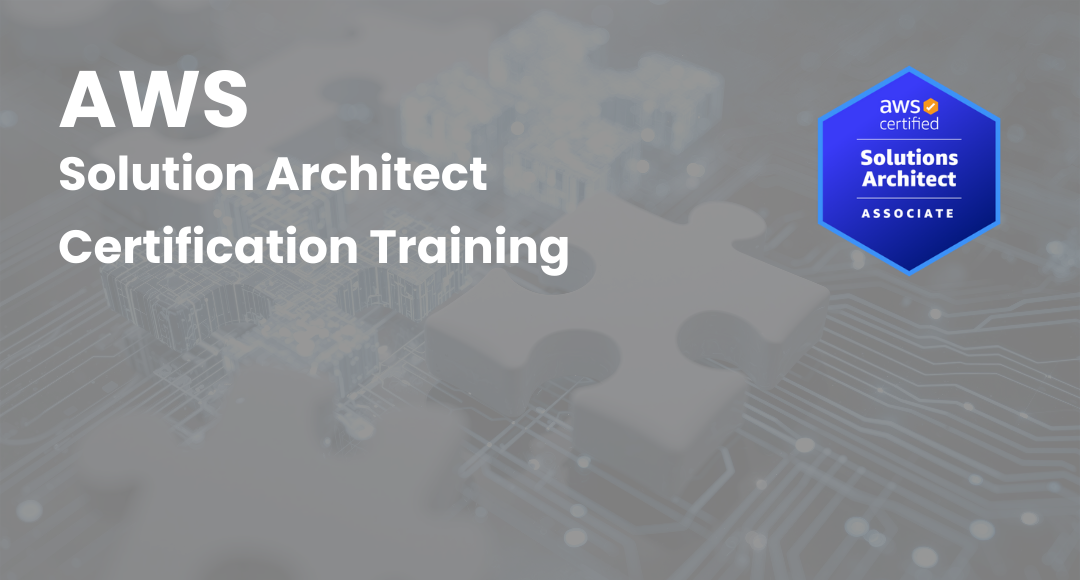
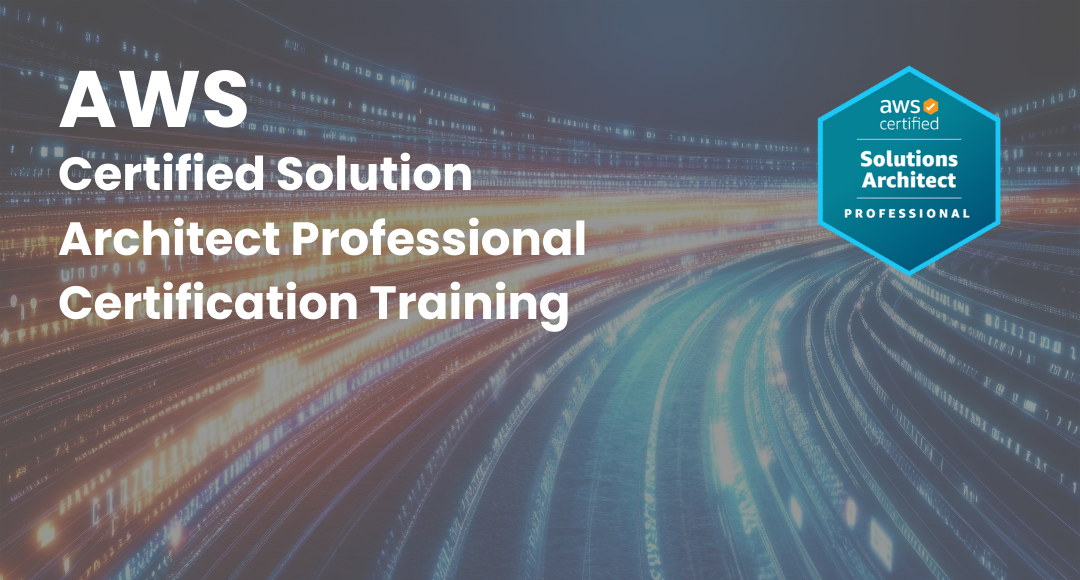
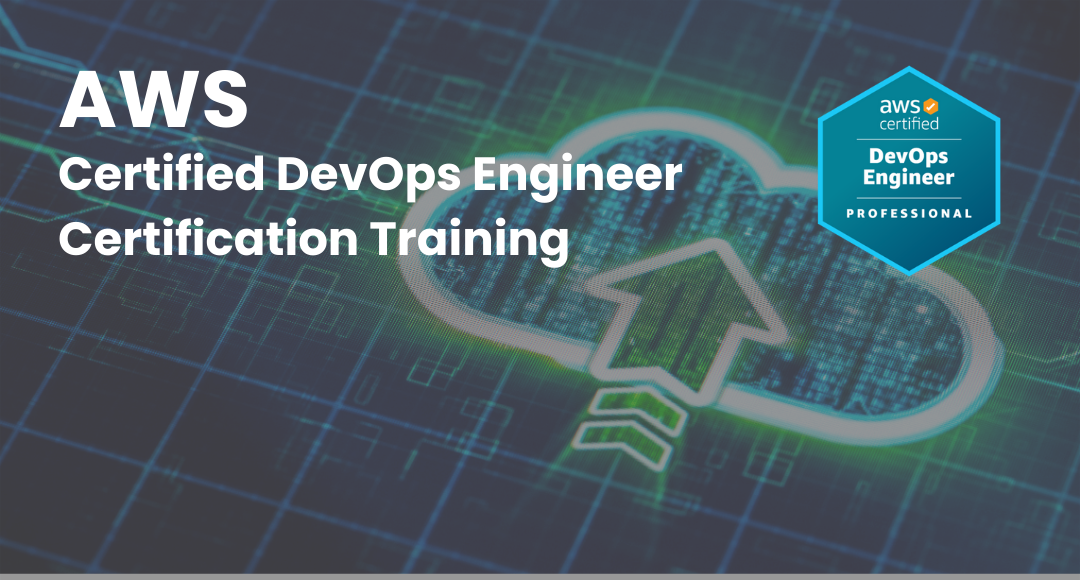
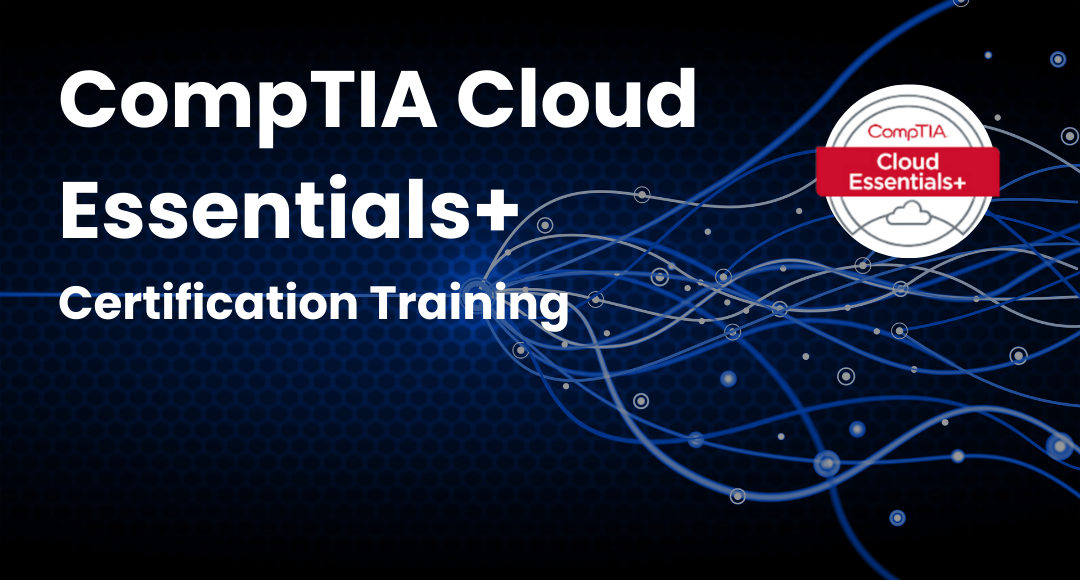
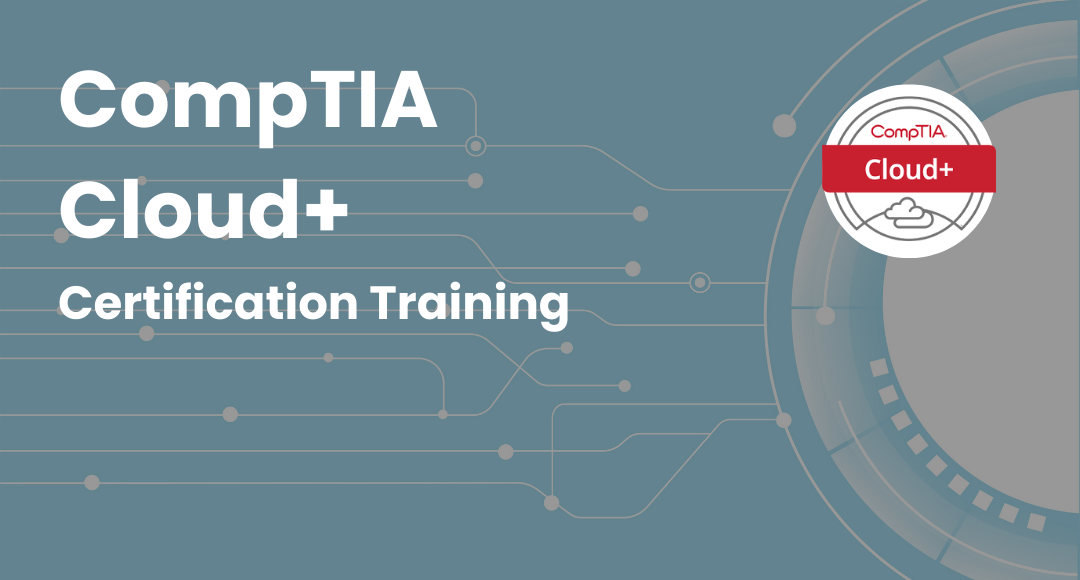
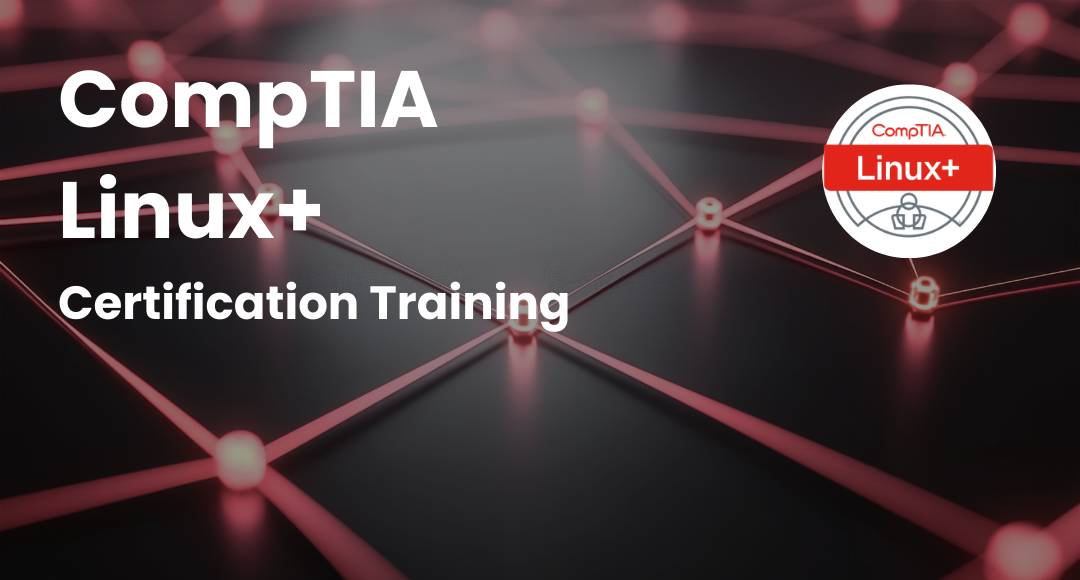
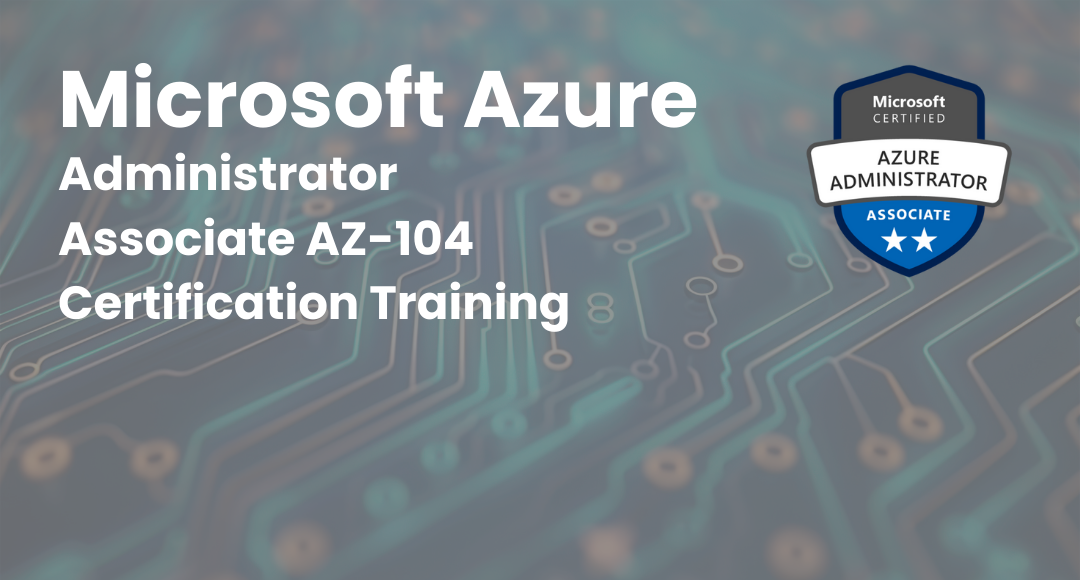
.png)
